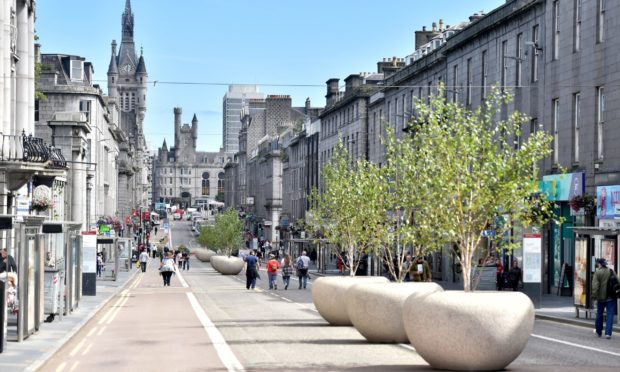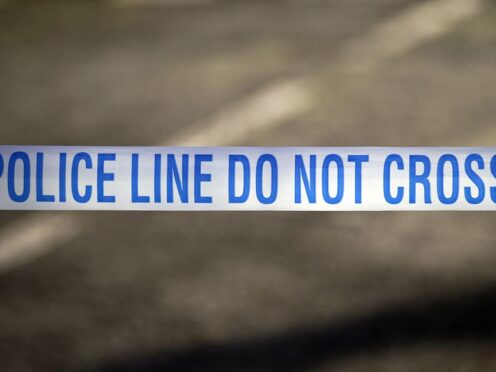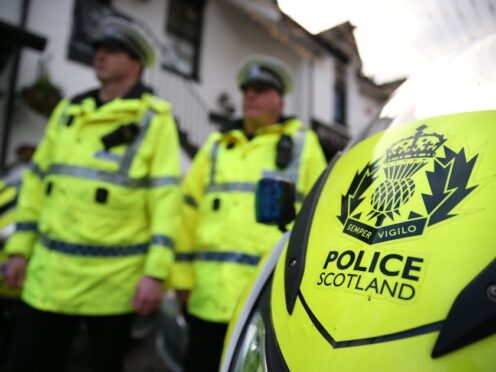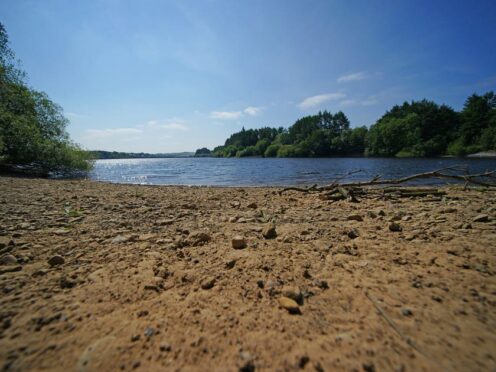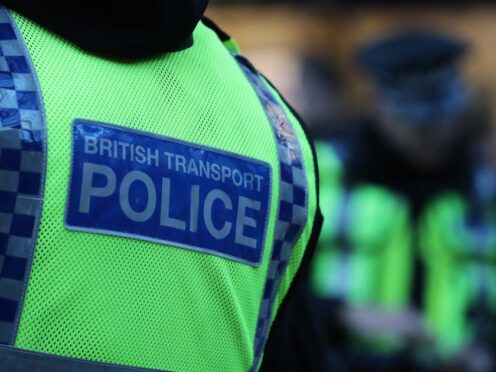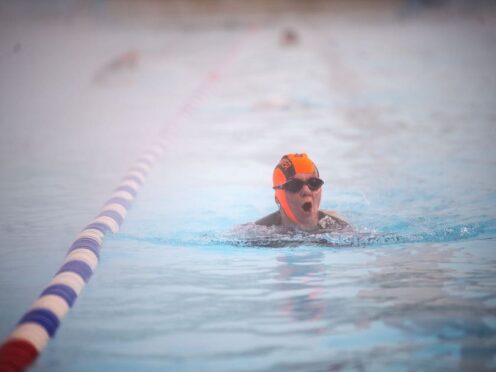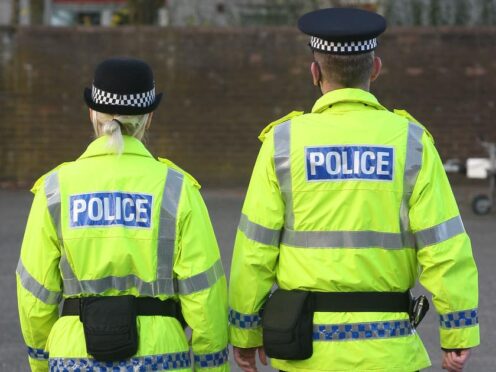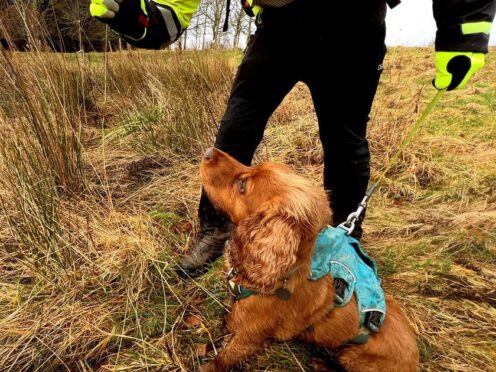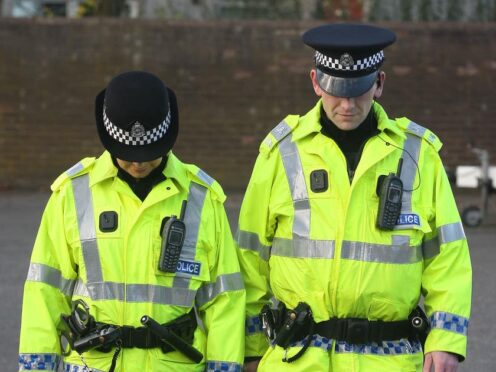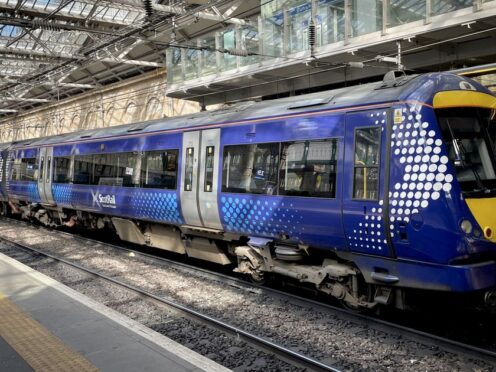Scotland’s communities are more united than ever following the covid-19 pandemic, a new study has found.
Scottish ministers have imposed numerous restrictions over the course of the last 12 months to help mitigate the spread of the virus.
A new Our Chance to Reconnect study, commissioned by Talk/together, spoke to nearly 160,000 recipients from across the UK found the transformation within Scotland’s communities could drive a step-change in social connection once the country recovers.
Researchers uncovered that 51% of Scottish residents agreed overall that the crisis had brought society together.
Four times as many people in Scotland, around 45% of recipients, also said Covid made their local community more united compared to the 11% who said it was more divided.
Meanwhile, 53% of Scots agreed their local area is a place where people from different backgrounds get on well together, compared to 48% of the UK.
Report co-author Jill Rutter from the Talk/together coalition said: “We heard from thousands of people across Scotland, from March 2020 through to January this year, who shared their fears, frustrations and hopes for the future.
“Despite everything we’ve been through, there is a sense that communities have stayed strong and pulled together – and that new connections have been made.”
Research by ICM also indicated that 51% of people in Scotland agreed that the public’s response to the crisis has shown the unity of society, compared with 24% who disagree.
However, 86% of scots and 83% of UK responders urged politicians from different parties to put their differences aside and ‘work together to solve this country’s problems.
The study involved an online survey with almost 80,000 responses, five national polls with a total sample of more than 10,000 people and online focus groups with almost 500 participants from every nation and region.
